社会学学士(荣誉)学位
Sociology - BA (Hons)

学历文凭
Bachelor Degree with Honours

专业院系
School of Social and Political Sciences

开学时间

课程时长

课程学费

国际学生入学条件
IDP—雅思考试联合主办方

雅思考试总分
- 雅思总分:
- 托福网考总分:
- 托福笔试总分:
- 其他语言考试:
CRICOS代码: 52L8
申请截止日期: 请与IDP联系 以获取详细信息。
课程简介
Sociology addresses the most pressing issues of our times. It provides a framework for the study of human behaviour, examining how societies are organised, how social identities are constructed, and the issues facing some of the world's most marginalised people.Lincoln's BA (Hons) Sociology degree aims to prepare students with the knowledge, conceptual insights, and methodological skills so needed in our era of multiple social and political crises. You'll be encouraged to examine the fabric of different societies, the group dynamics of belonging and exclusion, and the workings of political structures. This includes - among a wide range of topics covered - studying the changing nature and role of the family unit; how technological advances have transformed the way we interact; what subcultures can teach us about mainstream society; how 'the global' and 'the local' jointly shape everyday lives in the twenty-first century; how inequalities are experienced and differences created.The curriculum draws on the expertise of staff from across Lincoln's School of Social and Political Sciences, whose research actively informs contemporary academic and policy debates.The first year covers key concepts and central themes in the social sciences, whilst also introducing you to the work of influential sociological thinkers. Alongside this theoretical grounding, you can develop your understanding of the value and particularities of different methodologies underpinning academic research in the social sciences. Our core modules in the first year are: Sociological Imagination; Social Issues and Social Justice; Applying Research; and Key Social Science Concepts.In the second year, you can refine your research skills and data analysis techniques further and engage with the sociological canon in more depth, explore important areas of research such as the sociological study of cities, or of inter-generational dynamics and politics. At the same time, you can shape your learning around your own interests by choosing from a range of optional modules.Our third-year elective modules give you a wide choice of topics to explore from a variety of distinctly sociological perspectives. You can also study an area of your own choice and will receive support from a member of the academic team, as well as pursuing your own independent research project to draw on the thematic and conceptual expertise and methodological skills acquired during your studies.You'll be taught through a range of different pedagogical methods, including lectures, workshops, tutorials and seminars. The assessments vary from theoretical essays and critical paper reviews to policy briefs, portfolios and podcasts, which aim to provide our students with both theoretical and practical sociological skills. You will also be assigned their own personal tutor to assist in your studies.
相关申请
 预科
预科 奖学金
奖学金 实习机会
实习机会 在校学习
在校学习 跨境学习
跨境学习 校园授课-线上开始
校园授课-线上开始 在线/远程学习
在线/远程学习
开学时间&学费
学费信息仅供参考,请与IDP联系以获取详细信息
| 开学时间 | 时长 | 学费 | 地点 |
|---|
学校排名

世界排名601
数据源:
泰晤士高等教育世界大学排名
关于林肯大学

自女王陛下首次揭幕以来,已有超过10万名来自135个国家/地区的多元文化背景的学生选择在林肯大学学习。这些学生是林肯大学一切工作的核心,林肯大学真正关注的是卓越,这一点在许多英国和国际大学排行榜和调查中得到了认可。在泰晤士报高等教育(THE)2021年青年大学排名中,林肯大学被列入世界前150名。林肯位于英格兰东中部地区,对学生来说是一个迷人的地方,其历史可以追溯到公元前300年。这里有欧洲最好的大教堂之一,也有各种商店和酒吧以及屡获殊荣的Brayford Pool校区。林肯有很多东西可以探索,它是林肯城堡的所在地,是很多重要历史人物的出生地,包括艾萨克-牛顿爵士和玛格丽特-撒切尔。林肯大学自2001年以来投资超过3亿英镑,创造了一个以学生为中心的现代化环境,提供了令人难忘的学生体验。该校91%的新毕业生在完成课程后15个月内就业或继续深造,超过70%的人从事高技能工作(2017/18年毕业生成果研究)。由于该机构与业界的紧密联系,很多林肯大学的毕业生进入跨国公司工作,包括劳斯莱斯、BBC、汇丰银行和西门子。林肯大学因其为解决今日社会面临的最严重问题做出的研究发自内心感到自豪。林肯大学的多半研究被最新卓越研究框架评为世界领先或具有国际卓越性。
本校相关课程
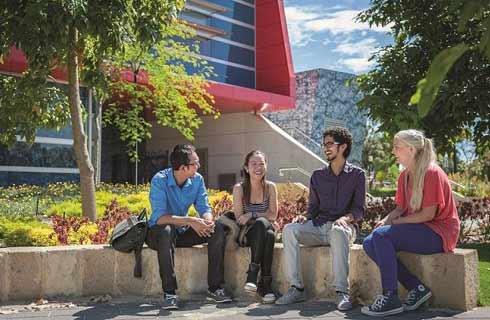
理学硕士运动科学
学历文凭
Masters Degree (Taught)
开学日期
课程费用总额

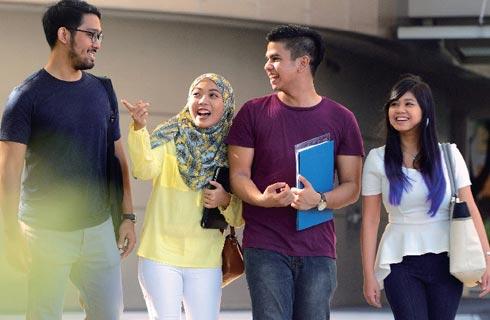
社会工作硕士
学历文凭
Masters Degree (Taught)
开学日期
课程费用总额

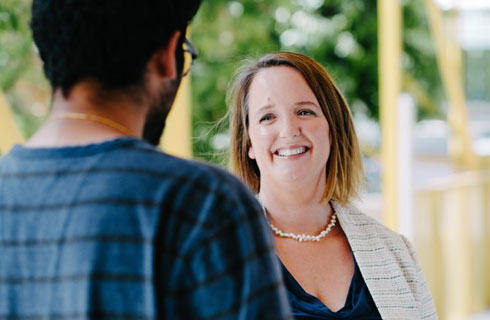
硕士/博士学位社会科学
学历文凭
Ph.D.
开学日期
课程费用总额


硕士/博士社会政策
学历文凭
Ph.D.
开学日期
课程费用总额

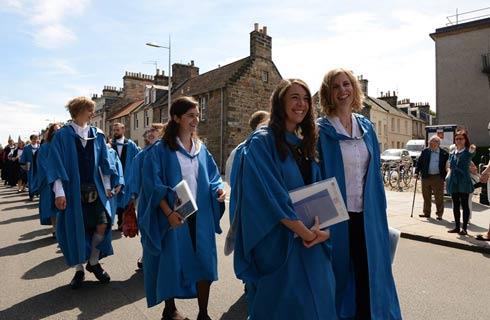
DClinPsy Psychology
学历文凭
Ph.D.
开学日期
课程费用总额


MPhil / PhD政治
学历文凭
Ph.D.
开学日期
课程费用总额

其他相关课程

国家土著研究中心哲学博士
 澳大利亚国立大学
澳大利亚国立大学学历文凭
Ph.D.
开学日期
课程费用总额


芬纳环境与社会学院哲学硕士
 澳大利亚国立大学
澳大利亚国立大学学历文凭
Masters Degree (Research)
开学日期
课程费用总额

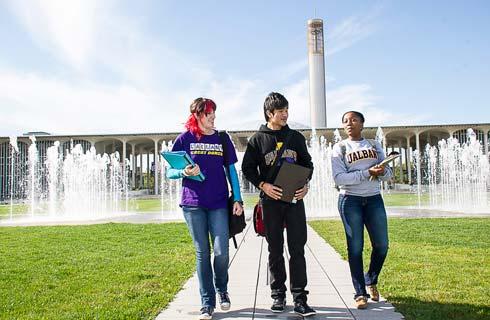
社会科学学士(荣誉学位)
 纽卡斯尔大学
纽卡斯尔大学学历文凭
Bachelor Degree with Honours
开学日期
课程费用总额


哲学博士(人文,艺术和社会科学)
 斯威本科技大学
斯威本科技大学泰晤士高等教育世界大学排名:282
学历文凭
Ph.D.
开学日期
课程费用总额


国际发展研究生文凭
 乐卓博大学
乐卓博大学泰晤士高等教育世界大学排名:267
学历文凭
Graduate Diploma
开学日期
课程费用总额


土著哲学博士
 南十字星大学
南十字星大学泰晤士高等教育世界大学排名:456
学历文凭
Ph.D.
开学日期
课程费用总额










 英国
英国